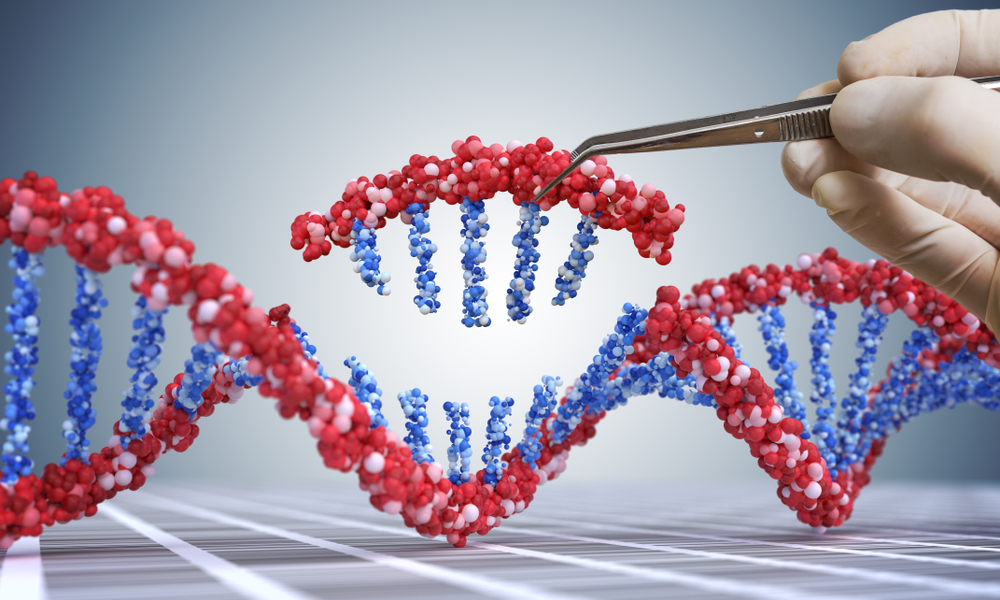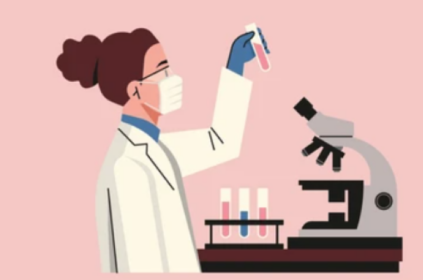According to a story from ScienceDaily, metastatic prostate cancer is commonly treated with second-generation hormone therapy. A recent study demonstrated that it offers a greater response to treatment and increased life expectancy when compared to chemotherapy. However, the genetic makeup of the cancer tumor has a significant impact on the effects of treatment. Hormone therapies that are used to treat metastatic, castration-resistant prostate cancer are typically of the androgen receptor pathway inhibitor (ARPi) class.
In the aforementioned study, researchers examined circulating tumor DNA (ctDNA) in order to detect genetic mutations in prostate cancer patients’ tumors. The study includes a total of 193 patients that were randomized to receive either chemo or ARPi treatment. These two groups were then compared to a third control group in which a doctor decided on the best treatment.
The ARPi group displayed the longest treatment response (median 11.1 months, compared to 6.9 in the chemo group and 7.4 in the control) and the longest survival time (median 38.7 months, compared to 21.7 in the chemo group and 21.8 in the control group). However, the effectiveness of ARPi wasn’t homogeneous across all of the patients that used it and varied depending on the tumor genetic profile.
Around 45% of metastatic prostate cancer tumors have a mutation in the p53 gene. In the study, there was little short-term difference in treatment effect for patients with this mutation. Nevertheless, the results suggest that ARPi could still produce a longer duration of survival in these individuals.
The findings contribute to the steadily expanding body of research that demonstrates the increased importance of genetics on cancer treatment outcomes. As more relationships between treatment impacts and tumor genetics are revealed, treatment options can become more precise and lead to improved outcomes for cancer patients.
About Prostate Cancer
Prostate cancer occurs in the prostate gland, part of the male reproductive system that is positioned beneath the bladder. Risk factors for prostate cancer include old age, a family history of the disease, and being of African ancestry. Tumors can appear on the prostate as cells accumulate DNA mutations, but most do not become cancerous. In early stages, prostate cancer doesn’t cause symptoms, but as the disease progresses, difficulty urinating, erectile dysfunction, and bloody urine or semen can appear. Fatigue, bone or back pain, or unexpected weight loss are signs of metastatic disease. Treatment for prostate cancer can vary widely depending on risk and severity of the individual case. Options can include surgical removal of the prostate, hormone therapy, or radiation therapy. Chemotherapy is often used when the disease has spread. Due to screening programs, prostate cancer is often detected at an early stage, and in these cases, patients can have relatively long survival times after diagnosis. To learn more about prostate cancer, click here.
Check out the original study here.
Editor’s Note: Get Involved
Cancer doesn’t discriminate. WHATNEXT and its partners are interested in amplifying the voices of those from all identities and backgrounds. If you have a cancer journey to share, reach out here to learn more about how your voice can help spread awareness and inspire individuals from all walks of life.
metastatic castration-resistant prostate cancer metastatic prostate cancer prostate cancer research treatment
Last modified: October 31, 2024











